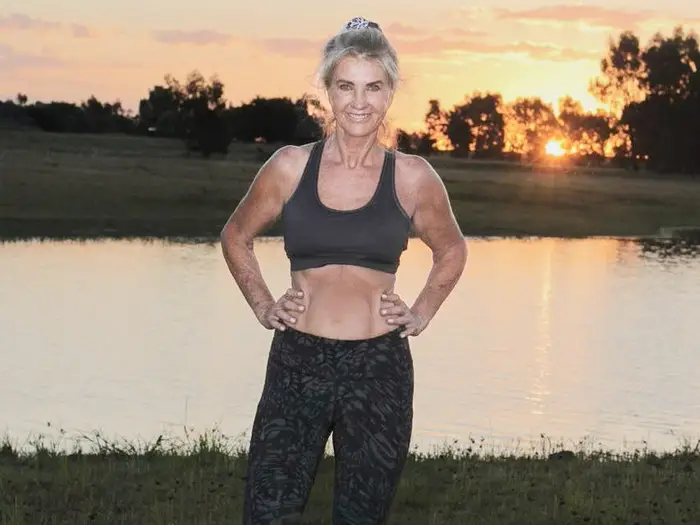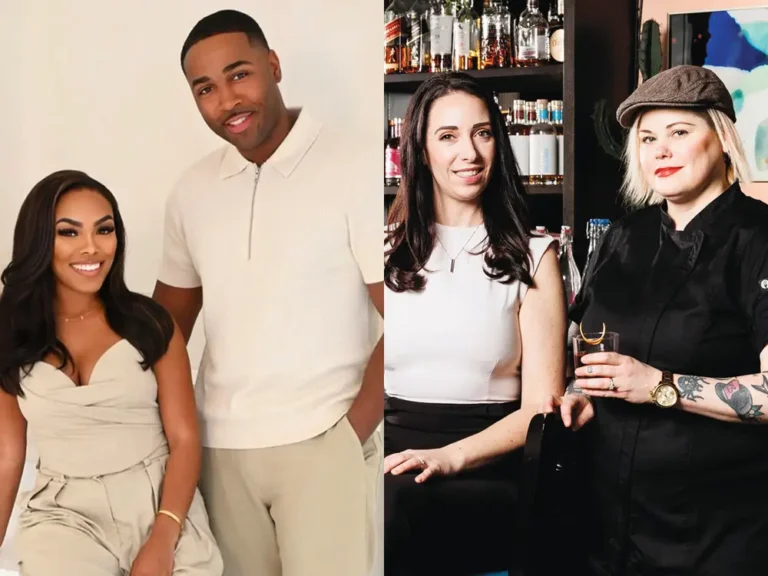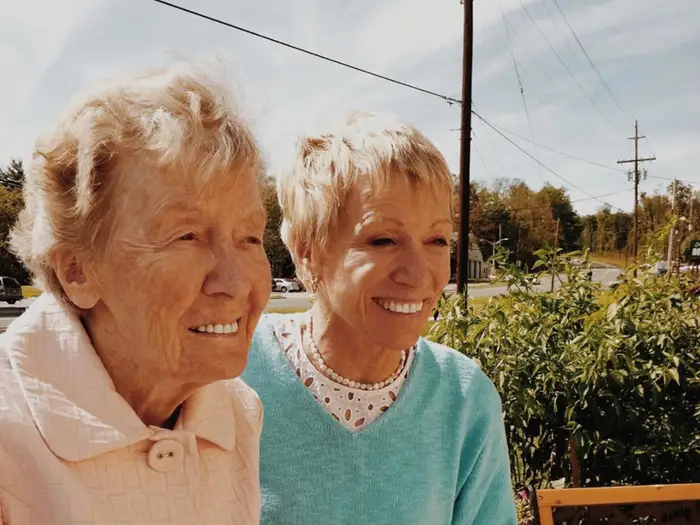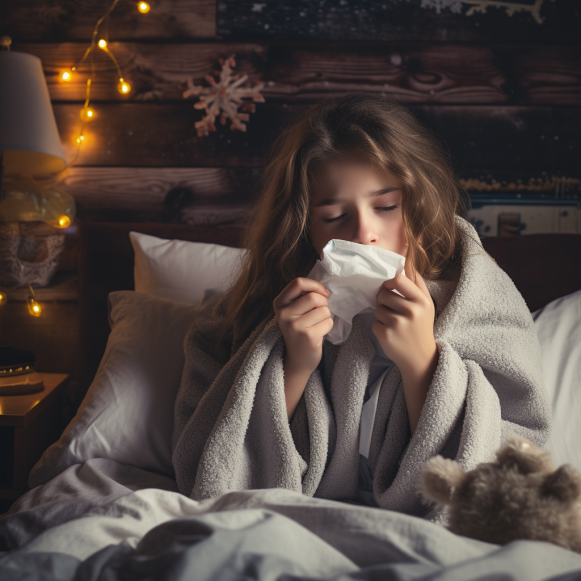How to eat to live to 100, according to 8 of the world’s oldest people
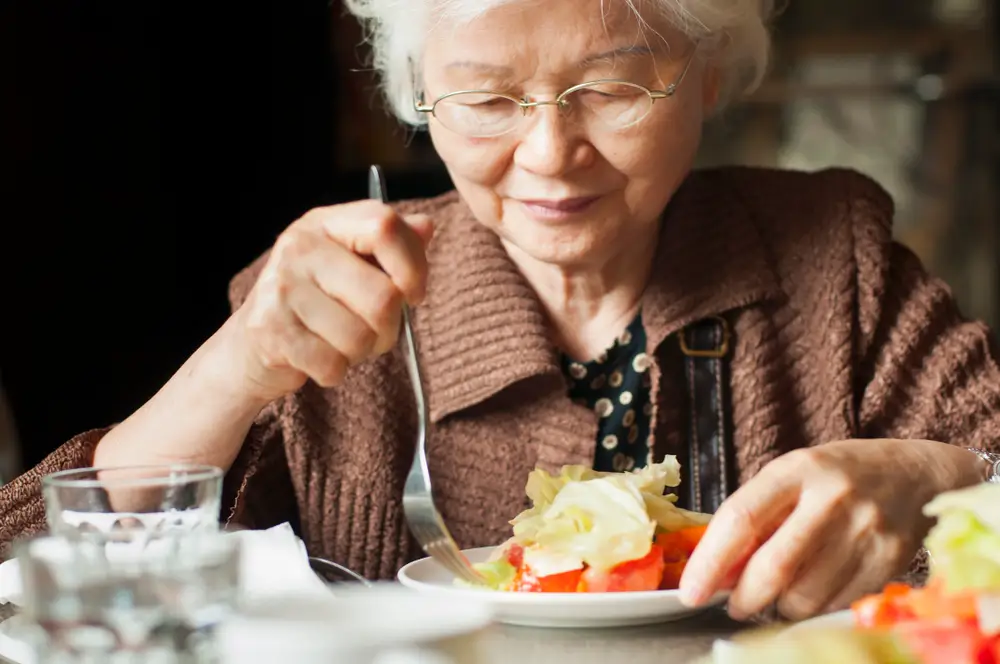
B-17 has spoken to many centenarians who share healthy eating habits.
Living to 100 is relatively rare: only 0.03% of the US population are centenarians, according to an analysis by Pew Research Center.
But Pew predicts that the number of centenarians in the US will quadruple by 2054, as life expectancy increases. Genes, environmental factors, and luck play big roles in how long someone might live, but lifestyle choices matter, too.
Here’s how eight centenarians who have spoken to B-17 eat, which may have contributed to their health and longevity.
Eat fresh, whole foods
Many of the centenarians B-17 has reported on eat lots of fresh, whole foods — and not much meat.
102-year-old Deborah Szekely has been a pescatarian all her life, and grows a lot of her own vegetables on the ranch in Baja California, Mexico, where she still works.
Pearl Taylor, also 102, based in Dayton, Ohio, said she eats a mostly vegetarian diet, and meat on occasion. She also swears by her homemade green juice, which contains aloe root, celery, parsley, ginger, and water sweetened with Splenda.
Meanwhile, Lousie Jean Signore, the second oldest person in New York at 112 years old, follows the Mediterranean diet, which is high in whole foods such as fruit, vegetables, beans, and olive oil.

Louise Jean Signore, the second oldest person in New York.
Signore eats salad, fruit, and vegetables every night, and adds tomato sauce, garlic, or olive oil to all her main meals, as B-17 previously reported.
The Mediterranean diet is widely considered to be the healthiest way to eat, and research has linked it to improved heart health, weight loss, and preventing cognitive decline.
Cook at home
Taylor prepares all of her meals and hasn’t eaten a pre-packaged meal in “years,” she said.
This is common among centenarians, many of whom grew up before fast food and microwaveable meals became widely available.
For example, 101-year-old William, from Toronto, cooks all his meals, featuring lots of sardines, which he thinks are his longevity secret.

William is 101 years old and eats lots of sardines.
Jack Van Nordheim, 101, known as Uncle Jack on social media, never developed a taste for fast food, instead preferring simple homemade meals such as boiled chicken.
Eating more home cooking can mean people eat fewer ultra-processed foods, which have been linked to major health problems, including depression, type 2 diabetes, and cardiovascular disease.
A 2017 study published in the International Journal of Behavioral Nutrition and Physical Activity found that participants who cooked at home five times a week were more likely to follow healthy ways of eating such as the Mediterranean diet; eat more fruit and vegetables; and be a healthy weight.
Eat moderately…
Many Japanese centenarians follow the principle of “hara hachi bu,” which means they eat until they are 80% full, Yumi Yamamoto, who works for LongeviQuest, an organization that verifies the ages of supercentenarians, told B-17.

Yumi Yamamoto with her great-grandmother Shigeyo Nakachi, the second-oldest living person in Japan at the time of her death in 2021.
Yamamoto’s great-grandma, Shigeyo Nakachi, was the second-oldest living person in Japan when she died in 2021. Yamamoto said that Nakachi never ate to excess and wouldn’t finish a whole chocolate bar in one sitting.
Similarly, the mantra of Ireland’s oldest man, 108-year-old Martin McEvilly, who cycled regularly until he was 99, is “everything in moderation.”
For McEvilly, this means only drinking alcohol on Sunday evenings, when he enjoys three pints of Guinness.
… but treat yourself
Although Japanese supercentenarians tend to eat in moderation, Yamamoto said they still treat themselves.

Uncle Jack eats dark chocolate every day.
Kane Tanaka, the second oldest person in recorded history, who lived to 119, enjoyed a bottle of Coca-Cola every day, she said.
Likewise, Szekely enjoys the occasional serving of coffee ice cream, and Uncle Jack attributes his longevity to eating dark chocolate and honey daily.
Experts agree that incorporating treats into your diet can make healthy eating more sustainable. Dietitian Nicole Ludlam-Raine promotes the 80/20 diet, where you eat healthily 80% of the time and allow yourself to eat what you like the other 20%.



